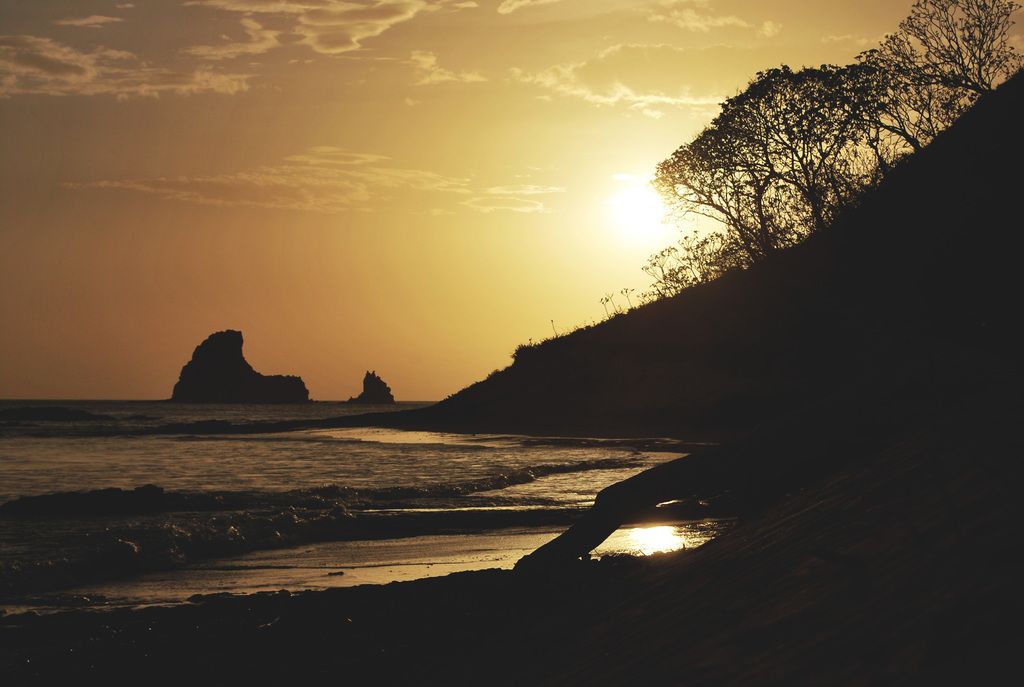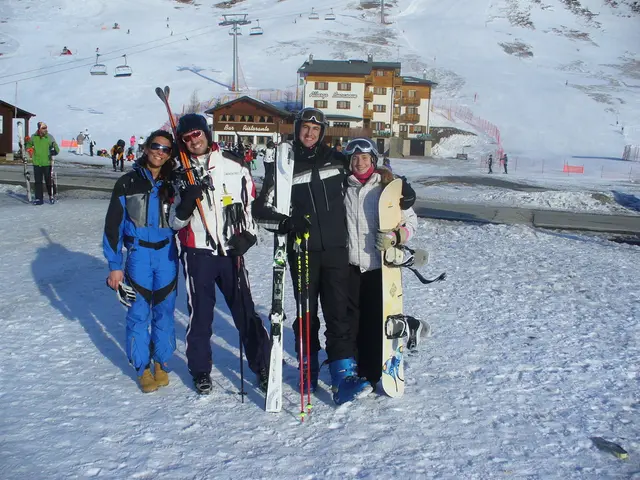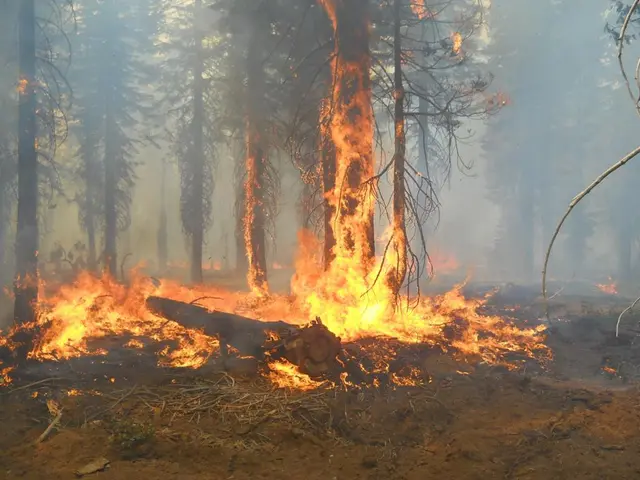Utilizing conversation as a protective measure
Indigenous Champion Luzbeydi Monterrosa: Empowering Women and Children through Communication
By Carlos Madrigal (Mazahua/Jñatjo, CS Team)
Meet Luzbeydi Monterrosa, a vibrant Indigenous Woman from the Wayuu community, nestled between Venezuela and Colombia. Born in Venezuela, she's a proud dual national, and for the past eight years, she's been a visual creator, employing her unique territorial perspective. Currently, Luzbeydi is studying Film at the Instituto Cinematográfico de Investigaciones Humanísticas in Mexico.
Since the beginning of her career, Luzbeydi has connected her passion for Communication to the situation of her territories in La Guajira. From 2018 to 2020, she collaborated with the National Indigenous Organization of Colombia on a political participation project. Since 2020, Luzbeydi has been part of "Agenda Propia," a communication medium dedicated to weaving communication in the territory from a feminine perspective.
Noteworthy among her achievements is the training and empowerment of children and women in La Guajira, Putumayo, and other spaces in Colombia. Her project, titled "The Origin of Knowledge and the Balance of the Female World," aims to uplift the most vulnerable sectors within Indigenous communities.
Luzbeydi has worked with entities like UNICEF at the Psychosocial Development Center, helping children and young victims of armed conflict through audiovisual and photography mediums. The young Wayuu shared her insights, stating, "Communication as a form of artistic expression and a way to express these realities from a respectful feeling; not revictimization, but rather how we seek these ways to heal."
Communication as Art and Defense
Passionate about Communication due to her experiences in La Guajira, Luzbeydi acknowledged the power of communication products to encourage the redefinition of stories and process violences for Indigenous children and women. During her childhood, she witnessed the exploitation of resources from the Guajira territory in Venezuela, prompting her to realize the potential of Communication as a form of defense.
Luzbeydi emphasized the crucial role of information and communication in empowering Wayuu women and children. Sharing stories and realities, she believes, can broaden reflection and discussion about rights in the region.
Speaking from the Heart of the Territory
In her work across various territories, Luzbeydi has uncovered diverse needs that can be addressed by sharing knowledge between communities. Her goal is to expand her project to more regions of Colombia and Venezuela, aiming to foster connections and promote the rights and freedoms of Indigenous women and children.
Living her sexuality freely has been a challenge for Luzbeydi. Although she has received a mostly positive reception from her community, there have been instances where her unique perspective is not fully understood or respected. Despite this, Luzbeydi continues to navigate her journey with courage and determination, striving to promote understanding and respect within Indigenous communities.
In her words, "Realities are diverse and often the lack of connection between them does not foster the promotion of rights and freedoms. Here, women and children are primarily isolated, and their development for social, political, and economic participation is hindered." Through her work, Luzbeydi seeks to break down these barriers, using Communication as a tool to connect, empower, and uplift Indigenous communities in Colombia.
[Additional Insights]
- Community Radio and Media Training: Monterrosa has been instrumental in establishing community radio stations and providing media training to Indigenous groups. This allows them to produce and broadcast content that reflects their experiences and perspectives, addressing issues such as cultural preservation, education, and social justice.
- Digital Literacy and Storytelling: Her projects also emphasize digital literacy, enabling Indigenous youth and women to use technology to tell their stories and document their traditions. This not only helps in preserving cultural knowledge but also empowers them to participate in global conversations.
- Cultural Exchange Programs: Monterrosa facilitates cultural exchange programs where Indigenous children and women can engage with other communities, both within Colombia and internationally. These exchanges foster understanding, mutual respect, and the sharing of cultural practices.
These additional insights provide a comprehensive understanding of Luzbeydi Monterrosa's work and its impact on Indigenous communities in Colombia. Her dedication to empowering Indigenous children and women serves as a model for similar initiatives worldwide.
- Luzbeydi Monterrosa's commitment extends beyond communication, as she has also been instrumental in establishing community radio stations and providing media training to Indigenous groups, thereby empowering them to express their unique fashion-and-beauty, lifestyles, and experiences.
- Recognizing the importance of digital literacy, Luzbeydi's projects aim to equip Indigenous youth and women with the necessary skills to document and share their traditions related to lifestyle, relationships, and pets, ensuring the preservation of cultural knowledge for future generations.
- Luzbeydi facilitates cultural exchange programs for Indigenous children and women, enabling them to learn from and share their customs with other communities, not only within Colombia but also across borders, broadening their travel experiences and fostering mutual respect.
- As her work continues to progress, Luzbeydi intends to expand her project to include regions beyond Colombia and Venezuela, ensuring that shopping and cars are accessible to Indigenous women and children, contributing to their economic development and independence.








